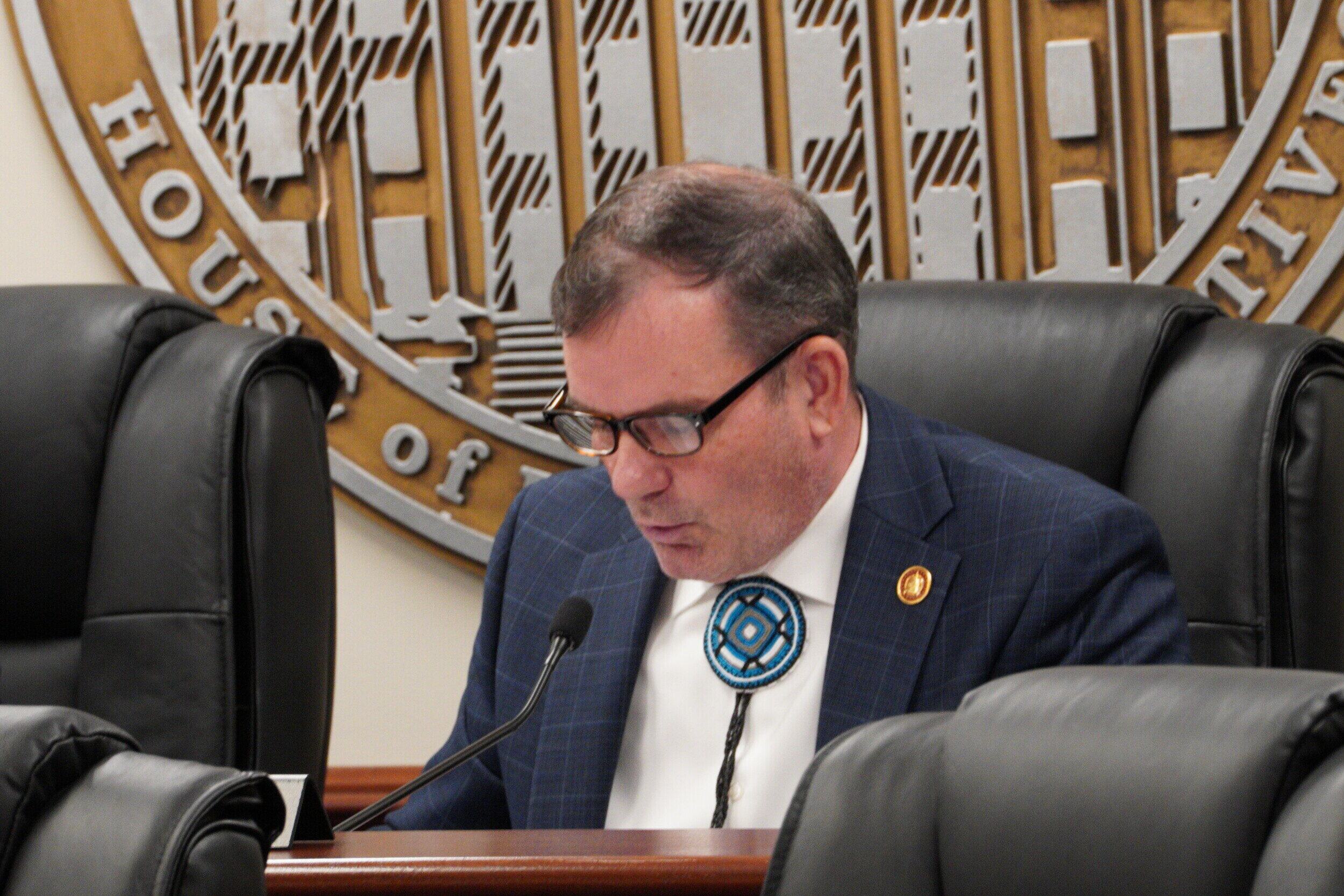MONTGOMERY — The House Public Safety and Homeland Security Committee voted Wednesday to advance legislation prohibiting financial institutions from collecting transaction data specific to firearms and ammunition sales.
House Bill 389 (HB389), by State Rep. Shane Stringer (R-Citronelle), follows the pattern of several states that have passed similar legislation to address the recent implementation of Merchant Category Codes (MCCs) for gun and ammunition purchases.
Gun rights advocates have opposed the use of firearm-specific MCCs since the stated purpose is to collect and report suspicious gun activity and develop algorithms to report it to law enforcement. Data collection on gun owners and their purchases has led many to fear potential discrimination or reprisal by the government for purchasing firearms. Additional concerns exist for the collection of a compulsory de facto gun database that could be used to track or persecute gun owners.
Stringer presented the bill before the committee, pointing out that several other states have implemented or are planning to implement similar legislation.
"This bill just addressed the MCC codes that is starting to take place across the country, which is where they're putting the categories on gun purchases and ammunition purchases across the country," Stringer said. "This is just going to prohibit credit cards and financial institutions from using this. There's 15 states that already have this, and there's probably four or either five other states that are carrying this bill now."
State Rep. Chris England (D-Tuscaloosa) expressed concern about the bill, saying he planned to clarify that any financial institutions would not receive penalties for responding to warrants during a criminal investigation.
"You don't want to impede an actual criminal investigation into someone who may be illegally dealing in firearms or using a local institution to hide the transaction so they could hide also, get away from law enforcement in terms of what they're going to do with that firearm or what their plans are," England said.
Stringer pointed to several areas in the bill that already addressed England's concern.
"It's in [the bill] twice to address that," Stringer retorted. "And it's also in here that this does not impede any investigations or lawful orders."
State Rep. Russell Bedsole (R-Alabaster) wanted to see protections in the bill for smaller, local financial institutions and place the onus on the mass-scale payment processors.
"If they took out that MCC now, today because they said this is the right thing to do, and I don't think that they are collecting in this particular case," Bedsole said. "But a future software update, if it does not get check-boxed again or stricken from it, it could be used inadvertently, which would subject them to, I think, a $10,000 fine. So I would love to see if there's something we could do, especially for our local, small institutions. Any kind of language where this is being collected, which is at the Visa, MasterCard level, the processors, and not our local financial institutions."
The bill ultimately passed the committee unanimously; however, it must get a House floor vote before going to the Senate for deliberation.
The bill would prohibit financial institutions or payment processors from assigning or requiring a merchant to use a firearms code in a way that distinguishes a firearms retailer physically located in Alabama from general merchandise retailers or sporting goods retailers. It would also prohibit financial institutions from declining to process lawful payments based on the assignment of gun-specific MCCs.
The bill would also prevent any state agency from keeping a record or registry of privately owned firearms their owners, except in the regular course of a criminal investigation and prosecution or as required by state law.
"An individual or entity involved in facilitating or processing an electronic payment transaction and licensed to do business in this state, including, but not limited to, a financial institution, payment card issuer, or payment card network, shall not assign to a merchant or require a merchant to use a firearms code in a way that distinguishes a firearms retailer physically located in the State of Alabama from general merchandise retailers or sporting goods retailers," the bill reads.
To connect with the author of this story or to comment, email craig.monger@1819news.com.
Don't miss out! Subscribe to our newsletter and get our top stories every weekday morning.










